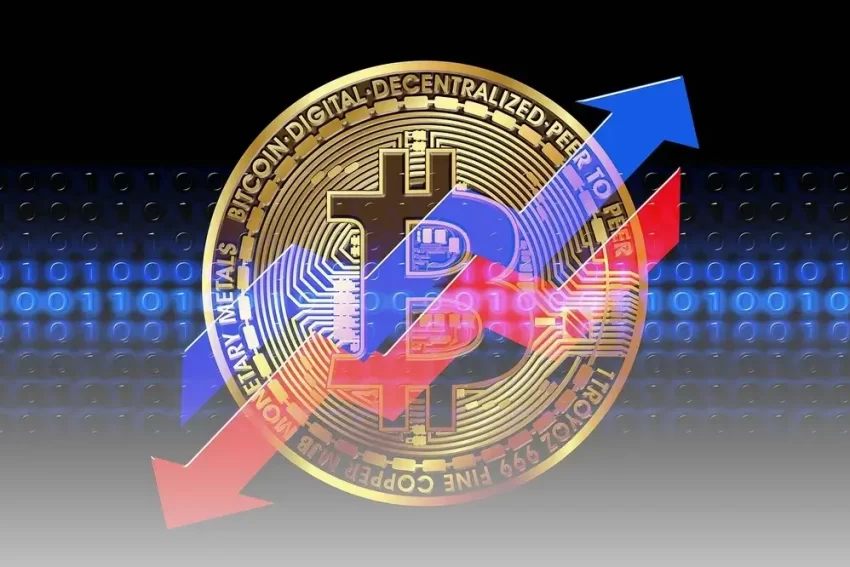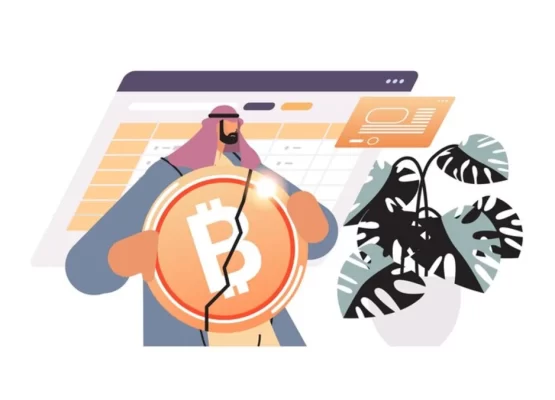Whether you’re into crypto or thinking about moving in and buying the dip, you need to understand how important storage is in the crypto world. You might be used to letting your coins sit on the exchange you bought them on, but that might not be the wisest move. Multiple exchanges have sustained cyber-attacks over the years wiping millions of dollars from users’ accounts.
Paper wallets became popular in the early days of crypto hodl and it was the preferred method of storage for many people. Since everyone used to be into paper wallets, exchanges would also let users print their keys on paper. However, hot wallets gained popularity because they eliminate the need to carry a piece of paper or memorize a random string of characters. With that, also came a whole new set of limitations.
One important thing to keep in mind is that your internet connection also needs to be secure to minimize the chances of being attacked by cybercriminals. We recommend using CenturyLink to ensure your peace of mind. You can compare the different CenturyLink internet plans here. Coming back to the topic, here is why you should and shouldn’t use a paper wallet to store your crypto.
Types of storage
There is no shortage of options when it comes to crypto storage. You can either store it on the exchange or use any of the online wallets, called hot wallets since they’re connected to the internet. This includes a ton of different options like storage services, exchanges, online wallets, etc.
The second category is cold wallets. The term cold denotes that the storage is not connected to the internet in any way, at least not in an always-online kind of way. This includes paper wallets and hardware wallets like Trezor and Ledger. These devices are arguably better than traditional paper wallets because they encrypt your private keys when you perform a transaction. This prevents any malicious actors from accessing your private keys.
How paper wallets work
Paper wallets work in a way similar to that of actual paper. What happens is that you choose a private key generator, online or offline, to generate a unique public and private key for your wallet. Creating the keys yourself is also possible but it’s quite time-consuming. The key generator generates an address on the specific blockchain and hands over the keys to you.
When a paper wallet generator generates your keys, you have the option to print out the page containing the QR code and private keys. Alternatively, you can also take a screenshot and keep it somewhere private and disconnected from the internet.
It is not connected to the internet, and you have full control over transactions to and from that address. However, you will need a wallet client to upload your account into the wallet before you move it to any exchange to trade. Sending crypto to your paper wallet is different. You only need the public address to send the supported crypto into a wallet.
Pros
Here is why you should consider using a paper wallet to store your crypto.
Cheap
Since a paper wallet doesn’t need any physical objects except for paper, the cost of creating a paper wallet is negligible. You can find many services online that let you create your paper wallet for free. You’ll keep the paper with you, so you won’t have to pay for any hosting service to maintain your wallet.
Easy to setup
Another benefit of paper wallets is that they’re super easy to set up. It doesn’t require any technical expertise unless you plan on making your own keys generator and writing the code yourself. Once the generator generates you’re your keys, keep them somewhere safe.
Better Security
Another reason why paper wallets are so popular is because they promise better security than hot wallets. Since they aren’t connected to the internet, there’s no chance of a hacker breaching the firewalls and hacking your wallet.
Cons
Despite many benefits, paper wallets have some limitations, which eventually made them less popular, and other kinds of wallets gained popularity.
Device security
The first thing that can potentially compromise the security of your wallet is the device that you used to generate your keys. It’s important to not use the device for everything and keep it for this purpose only.
Physical printing
When you physically print out your keys, it becomes important to store your keys in a safe place. There’s also a risk of you storing the paper and forgetting about it. Moreover, a physical object with no security is more susceptible to loss and theft.
Safeguarding your keys
This is why you should always keep your keys private. If you choose to store your crypto on a paper wallet, make sure to keep your keys private. You only need to enter your private key when you’re withdrawing from your paper wallet. There’s no need to provide your private key to someone who is sending you crypto whether it’s a person or an exchange.
Conclusion
Now you know all about how paper wallets work and whether you should use them or not. It all depends on your preference. The main limitation of paper wallets is that they’re susceptible to human error. If you’re sure that you can keep the piece of paper completely safe, then you can go ahead. Otherwise, you might be better off exploring some other storage options.




